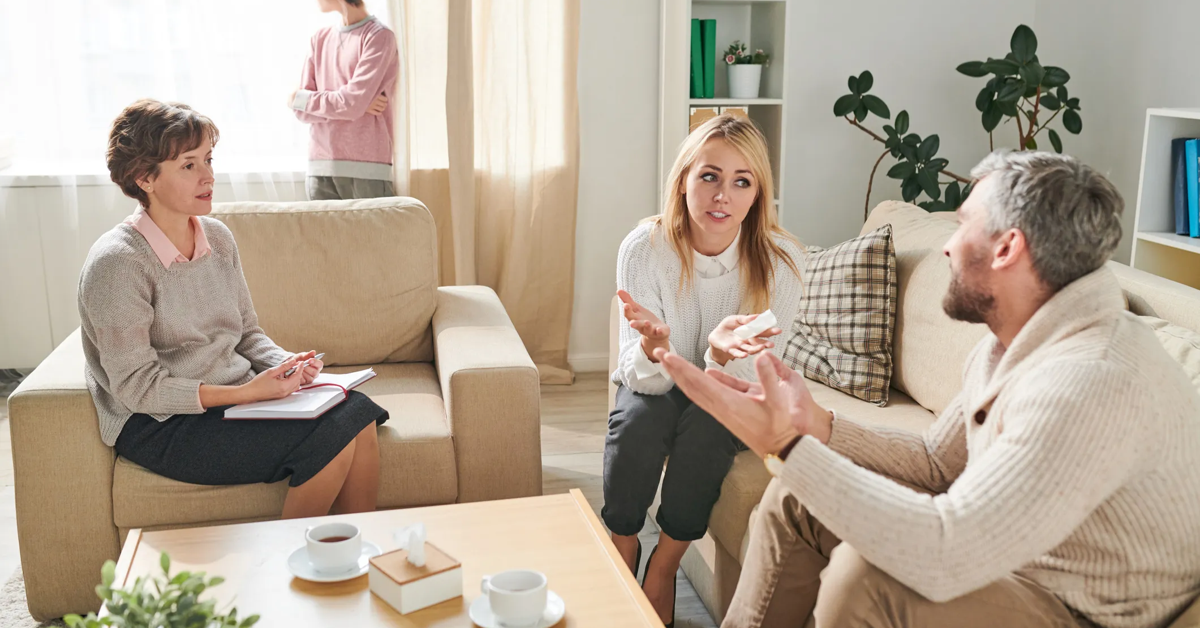Understanding How Age Impacts Tubal Ligation Reversal
Tubal ligation reversal gives hope to many women who want to get pregnant again. It’s a surgery that reconnects the fallopian tubes after a previous tubal ligation, often known as “having your tubes tied.” For women in the U.S. who decide to reverse this, one of the most important things to think about is age. How age impacts tubal ligation reversal success is not just about biology. It’s also about how the body changes with time and how those changes affect the chances of getting pregnant again.
Younger women usually have more success after tubal reversal surgery. The reason is simple: their bodies are more fertile. That doesn’t mean older women can’t get pregnant after a reversal. It just means their chances are lower. In this article, we’ll explore why age matters, how it affects pregnancy chances, and what women at different stages in life can expect. Whether you’re in your late twenties or early forties, knowing how age impacts tubal ligation reversal can help you make a more informed decision.
Why Younger Women See Higher Success Rates
The first factor in how age impacts tubal ligation reversal is egg quality. Women are born with all the eggs they will ever have. As time goes on, the number and quality of these eggs naturally decline. This decline usually starts around age 30 and becomes more noticeable after age 35. That’s why women under 35 tend to have much higher pregnancy rates after tubal reversal.
In younger women, eggs are healthier and more likely to lead to a successful pregnancy. Their menstrual cycles are also more regular, which makes it easier to track ovulation. All of this increases the odds of getting pregnant once the tubes are reconnected.
Doctors in the U.S. often tell women that age is one of the top things that can affect the outcome of a reversal. A woman in her late twenties may have a 70% or higher chance of success. But for someone over 40, that chance could drop to 30% or even lower. The procedure might still be worth it—but the expectations need to be realistic.
How Age Impacts Tubal Reversal Over Time
It’s not just about the eggs. Another way how age impacts tubal ligation reversal is through the body’s healing ability. As people age, the body tends to heal more slowly. That can affect how well the fallopian tubes recover after surgery. In younger women, the tissues may heal faster and reconnect more effectively, which improves the chances of the tubes staying open and working well.
Also, older women are more likely to have other health issues that can affect fertility. Conditions like high blood pressure or diabetes become more common with age. These can interfere with both the healing process and the ability to carry a pregnancy to term.
A woman in her early thirties usually has fewer of these complications. Her body may respond better to the surgery and to the natural changes that happen during pregnancy. That’s another reason why younger women see better results after a tubal reversal.
For many women in the U.S. considering reversal, the age factor also ties into lifestyle. Younger women may have more flexibility to try for pregnancy over a longer period of time. Older women often feel more urgency, which can add pressure and stress—two things that don’t help fertility.
Lifestyle and Timing: How Age Impacts Tubal Decisions
The emotional and lifestyle aspects are just as important in how age impacts tubal ligation reversal. Women in their twenties or early thirties often have fewer time-related concerns. They may be early in their careers, with more time to focus on building a family. This flexibility can make the process less stressful.
Women over 35 often face different challenges. They may already have children, demanding careers, or other responsibilities that affect timing. Age also shortens the window for trying to conceive. This can lead to difficult decisions about whether to try naturally or consider fertility treatments if pregnancy doesn’t happen soon after reversal.
In the U.S., fertility clinics often discuss these realities with older patients. Some women even consider doing egg freezing before their reversal if they’re unsure how long it might take. Again, age isn’t a roadblock—but it does affect the timeline and outcomes.
For women thinking about a tubal reversal, it’s helpful to talk openly with a doctor. A full evaluation can show whether the tubes are good candidates for reconnection and whether age may affect egg health. Many doctors can also check hormone levels to help predict fertility after surgery.
Balancing Hope and Realism as You Age
By now, it’s clear how age impacts tubal ligation reversal from several angles. Younger women have more time, better egg quality, and faster healing. These factors combine to raise their pregnancy chances. Women over 35 can still succeed, but they may need extra support or more time.
That said, every woman is unique. Some women in their early forties do get pregnant naturally after a tubal reversal. It’s rare, but it happens. The key is to balance hope with realistic expectations. Understanding your body and working closely with a healthcare provider can make a big difference.
In the U.S., more women than ever are choosing to reverse their tubal ligation. Whether for a new relationship, a change of heart, or a desire to grow their family, they want another chance. Age plays a major role in this journey, but it’s not the only factor. Health, timing, and mindset matter too.
If you’re thinking about reversal, don’t be discouraged by your age. Learn about your body, ask questions, and get a full picture before making your decision. How age impacts tubal reversal is just one part of a bigger story—and your story is your own to write.
To all residents of Tampa, Florida, we inform you that we have opened a clinic specializing in weight loss, laser surgery, aesthetic treatments, and much more. If you need information or want to make an appointment, we invite you to visit us: IBI Clinic, 5931 Webb Rd, Tampa, FL 33615. Or you can call us today at +1(813) 499-0044.
Do you have questions or want to learn more about our treatments? At IBI Laser Therapy, we’re here to help. Our team of professional doctors is ready to provide all the information you need. Contact us today and we’ll help you take the next step toward relief. Click here to schedule an appointment or receive more information.



